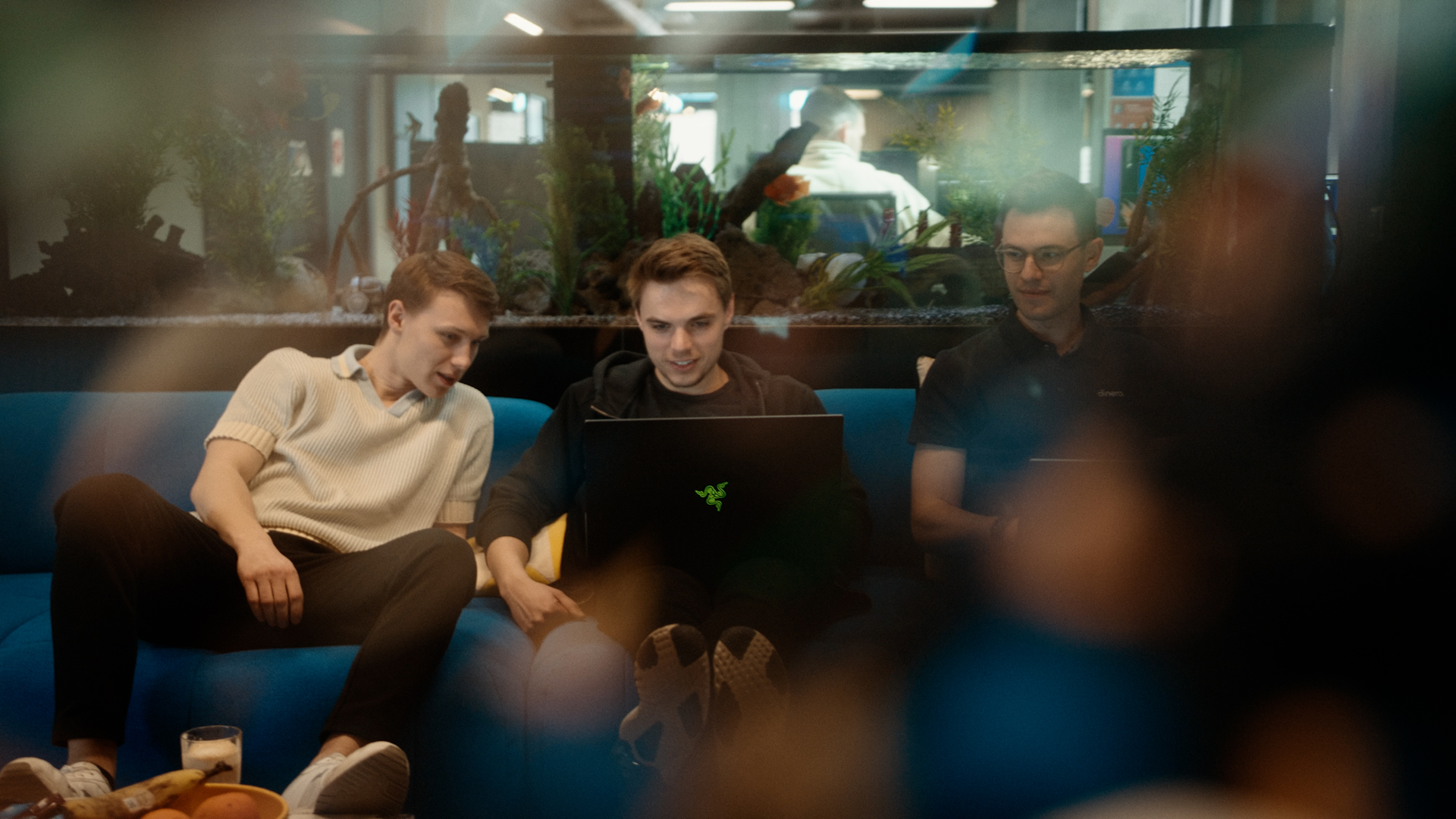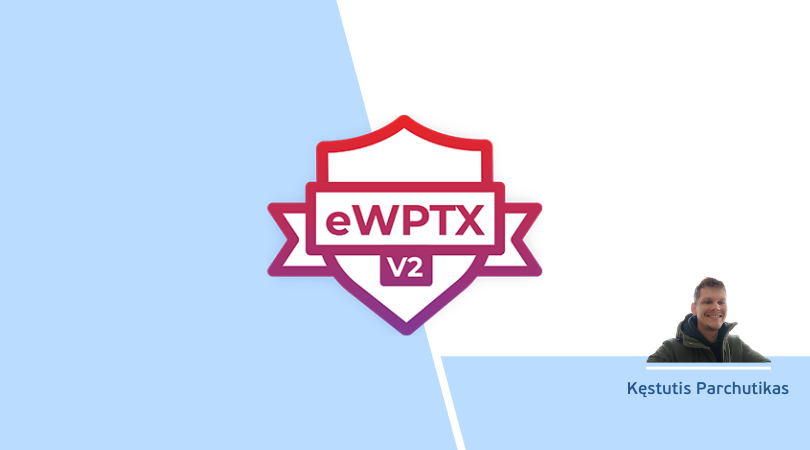
As many as 52% of women work in scientific or engineering jobs, according to Eurostat data from 2021. Bulgaria, Portugal and Latvia are next in line. The lowest figures are found in Luxembourg (35%), Germany and Italy (34%), Hungary (33%).
The overall statistics show that almost 27% of women in the world work in technology-related jobs. Meanwhile, 41% of Visma Group’s employees are women, which puts us above the market average. With the rapidly changing perception of diversity and equality, it is no longer news that the IT field is not, and cannot be, divided by gender. Moreover, for several years in a row we have seen an extremely high retraining boom in the IT world. Thus, we are sharing inspiring stories from our female colleagues on why they chose a career in IT.
There are variety of experiences: some started considering their career options while being at school, others decided to switch later in life after realising that their current job does not align with their goals or provide them with the level of satisfaction they desire. Front-end developer Viktorija knew she wanted to study computer science as early as primary school. „I probably didn’t even know what it was, but both my cousins were already studying IT and I found it very exciting. When I was studying at university, a non-IT lecturer made a discouraging comment, saying that ‘women won’t become programmers, at best we’ll be librarians.’, so I thought ‘well, wait a minute, I’ll show you!’. This only fueled my determination to prove her wrong, and so I worked hard to succeed in the field.” Now, Viktorija is a strong professional and is in her sixth year at Visma.
According to Siranuš, an automated testing engineer, it is no longer unthinkable for a woman to work in the field of IT. „I believe that there are equal standards for both genders in this industry. There may be fewer women in IT than men, but I hope that more of us will dare to choose this path. Working in this field can be an excellent career choice, as it offers numerous opportunities to gain new knowledge, valuable experience, and the ability to enjoy your work every day.“

Despite passing both the national exams in computer science and mathematics, Siranuš never gave serious thought to pursuing a career in IT. Suddenly, she ended up enrolling in the Business Informatics program at Mykolas Romeris University, which was at the bottom of her list of preferences.
„While I was studying, it often felt like I had to put in more effort than my peers to achieve good results. However, as time passed, I gained more confidence and clarity. With that I began to envision myself working in the field of IT. Currently, I possess a positive outlook toward my job. Being surrounded by highly skilled professionals has brought me immense joy, and their constant support and encouragement motivate me to work harder and improve my skills every single day.“
.Net developer Modesta has always been strong in maths and physics. However, when the time came to decide where to study, she found it difficult to envision her future opportunities and prospects in this particular field.“ After several long discussions with myself, I decided that IT is also an exact science, it requires logical thinking, so I joined programming. In fact, until the 4th year of studies, I said that I wouldn’t do programming, that databases were my path (which is what I ended up specialising in). But after finishing my bachelor’s degree, life happened and I needed a job. I got into a .NET internship and it was very close to my heart. I finished the internship, got a job offer and now, I’ve been a .Net programmer for 12 years“.
She also believes that the requirements are equal and women do not have higher standards in the IT field. “Even when I started my studies, there was nothing to stop me from doing well and getting a job. Although the attitude „a woman can’t do maths and programming“ was much more alive. But I didn’t need acquaintances to get a job – I got it myself. I must admit, I was surprised that I was programming, but being a woman did not reduce the opportunities – I am a senior programmer and coach in Visma.”
Rima, a manual tester, has retrained. She holds a Bachelor’s degree in Business Administration and a Master’s degree in Financial Management. She has explored numerous positions during her 18-year journey of self-discovery: administrator, secretary, manager, accountant, bookkeeper, sales manager. Prior to transitioning to the IT sector, she spent 5 years as a customer service manager in a small building materials store. When she took a 2-year parental leave, she came to the realisation that she would not be returning to her previous job.

„I started wondering what I could do. At the time, coding schools, adult retraining courses were just becoming popular. I knew that programming would be too hard for me, so I chose a manual testing course. I recall attending an open day event and the first question I made to the career centre staff was „Am I not too old?“ Now I laugh because coming to that course was the best decision of my life!“
The experience gained in previous jobs should not go to waste, even if you go in a completely different direction. „In my first job, I learnt how to work in a team, I improved my English language skills (because I didn’t need it before), and I learnt how to work with agile methodology. I consider myself fortunate to have had the opportunity to learn from my colleagues and acquire valuable knowledge and best practices. I can use all this in my current role at Visma.“
Another front-end developer Viktorija worked in the service industry while studying economics. After an internship, she realised it wasn’t her field. „I started working as a flight attendant in the private sector. After spending a lot of time in the sky and visiting various beautiful places, I started to look for activities that I could do on the ground and, in this way, achieve self-realisation. Interested in everything at once, I got caught up in the rising wave of IT popularity and decided to explore the field on my own. As I delved deeper into different programming languages and domains, I realised that front-end development suited me the most. Later I quit my job and started an intensive front-end course at CodeAcademy.“
She identifies starting from scratch as the biggest challenge in retraining. But after completing the course, she found a place where she can fulfil herself. „I was lucky enough to be part of a great team, where I got a lot of help and support at the beginning, when I was the most timid and when there was a lot of uncertainty, and I have learned a lot and I have never stopped doing that.“

Monika, who graduated with a Master’s degree in Genetics but could not find the job she wanted, is currently a .Net developer. „I really wanted to do scientific work with plants. After discovering that it was a very niche area with limited opportunities, I decided to start learning .Net. I started by studying the theory, reading books, and taking online courses. After acquiring the necessary knowledge, I secured an internship at Visma where I could apply my skills practically. I was eventually hired and have been working in Visma and .Net field ever since.”
According to Monika, the most important thing when changing fields is not to underestimate yourself and to accept that not understanding everything right away is a normal part of the learning process.



